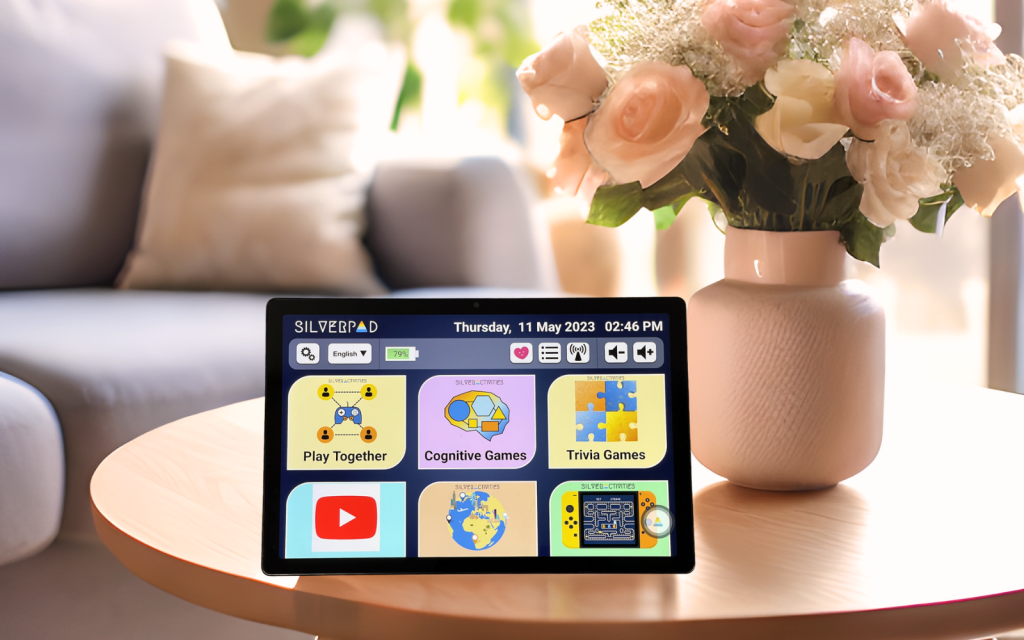Caring for a loved one diagnosed with Parkinson’s disease can be an intricate journey. Not only are you dealing with the emotional side of the diagnosis, but you’re also tasked with the responsibility of becoming an efficient caregiver. This role might be daunting, especially for first-time caregivers, but rest assured, you are not alone. In this blog, we aim to provide super practical and executable tips to help you provide the best possible care for your loved one, while also looking after yourself.
1. Understanding Parkinson’s and Creating a Safe Environment
Parkinson’s disease often comes with mobility challenges such as balance issues, slow movement, and in later stages, “freezing” episodes. Understanding these symptoms is your first step. Make your home a safe space by removing tripping hazards, installing grab bars in strategic places like bathrooms, and ensuring clear, well-lit paths throughout the home. Remember, fall prevention is a key aspect of caring for a Parkinson’s patient.
2. Investing in Assistive Devices
Assistive devices like dressing aids, shower chairs, adaptive utensils, and reacher grabbers can significantly enhance the quality of life for Parkinson’s patients. Dressing aids can make the process of getting dressed easier and more autonomous. Shower chairs can help reduce the risk of falls in the slippery bathroom environment. Adaptive utensils, designed with larger, easier-to-grip handles can help overcome difficulties during mealtime, while reacher grabbers can help them reach items without straining or risking a fall.
3. Dealing with Freezing Episodes
Freezing episodes, a common symptom in Parkinson’s, can be scary for both the patient and caregiver. During a “freeze,” the person is unable to move forward, often feeling like their feet are stuck to the floor. These episodes can increase fall risk. To manage this, encourage the patient to relax, and suggest they try to shift their weight from one foot to another. Some people find it helpful to have a visual or auditory cue, like stepping over a line or marching to a specific rhythm. Always ensure the environment is clutter-free to reduce the risk of falls during such episodes.
4. Encouraging Physical Activity
Physical exercise is essential for Parkinson’s patients. It helps to maintain balance, strength, and flexibility, all of which are critical in managing the disease’s progression. Encourage your loved one to stay active, whether it’s a simple walk in the park, attending a yoga class, or physical therapy sessions. Remember to seek advice from healthcare professionals about the best exercises for their condition.
5. Providing Emotional Support
Being diagnosed with Parkinson’s disease can be a difficult emotional journey. As a caregiver, providing emotional support is just as important as physical support. Allow your loved one to express their feelings, fears, and frustrations, and be there to listen. Joining a support group can also be beneficial for both you and the patient.
6. Communicate Effectively
Parkinson’s can affect a person’s speech and ability to communicate. Be patient, allow ample time for your loved one to speak. Use simple, clear sentences and make sure to maintain eye contact. You may consider engaging a speech-language therapist if needed.
7. Plan for Medication Management
Parkinson’s disease often requires several medications, each with its specific timing and dosage. A pill organizer and alarm reminders can help ensure no doses are missed. Keeping a medication log can also help track side effects and efficacy.
8. Looking After Yourself
Lastly, but certainly not least, take care of yourself. Caregiving can be emotionally and physically draining. Remember to take breaks, maintain a healthy diet, get regular exercise, and seek emotional support when needed. You can’t pour from an empty cup.
Navigating the journey as a caregiver for a Parkinson’s patient can be challenging, but armed with practical knowledge, assistive tools, and a support system, you will be well equipped to provide the best possible care for your loved one. Remember, your love, patience, and care can make a significant difference in their life.

In your journey as a caregiver for a loved one with Parkinson’s, it’s essential to explore various resources and tools that can help enhance their cognitive abilities and overall well-being. One such valuable product is SilverPad by SilverActivities, a senior-friendly tablet designed specifically for individuals with cognitive challenges. SilverPad offers a range of engaging games and activities that stimulate cognitive functions, providing mental stimulation and enjoyment for seniors. Trusted by many senior care institutions and therapists, SilverPad has proven to be an effective tool for promoting cognitive health and maintaining a sense of engagement and connection.

